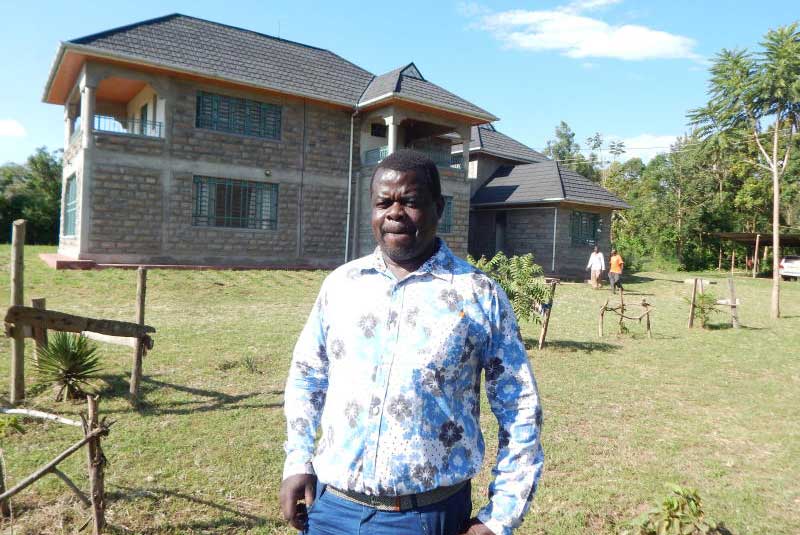×
The Standard e-Paper
Fearless, Trusted News

He is not a lawyer by profession, but Okiya Omtatah Okoiti who many see as the country’s public defender number one has filed some of the biggest public interest cases that have shaped the economy and political landscape.
One would expect that Omtatah would exude at least a degree of affluence. But no. The man who has been a thorn in the flesh of the Government for years lives a modest life.